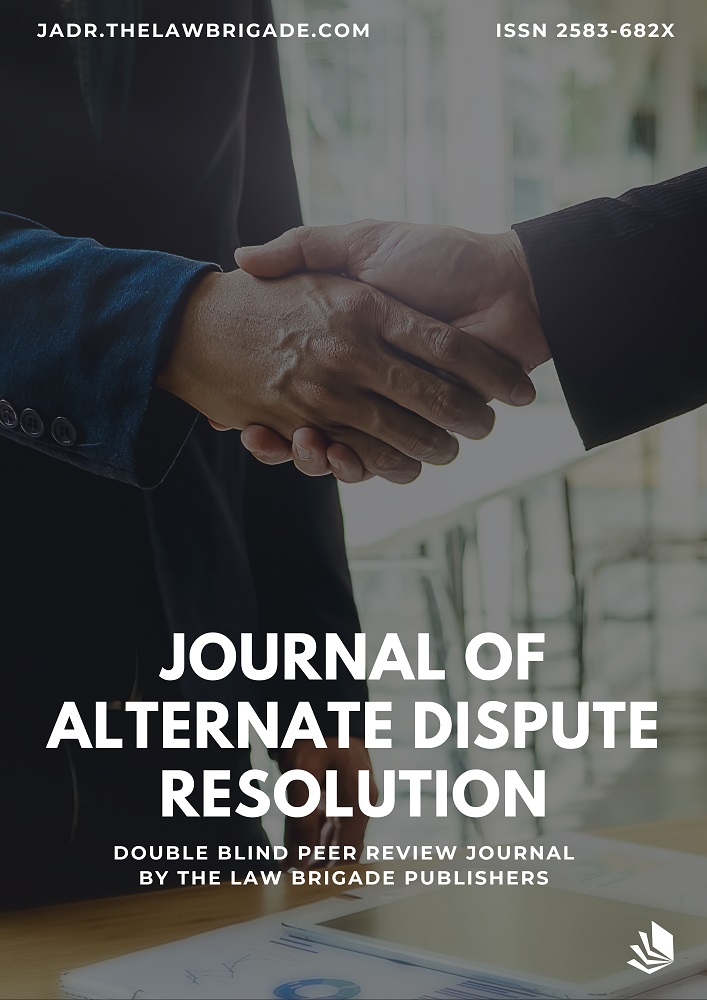The popularity of Arbitration in India rose due to three main reasons, namely the limited time period, Legal expertise on subject matter along with enforceability in the court of law. Arbitral Tribunals resolve disputes within a limited time period as compared to the excessive amount taken through litigation in courts. Tribunals usually consist of members having the requisite Legal expertise along with in depth knowledge of the subject matter of the dispute, thus being able to serve the specific needs of the disputes and cater better to the parties. Further, the enforceability of the arbitral award having the same effect as that of an award granted by the court of law ensures that issues concerning the legality of the said award are limited to the least[i].
With the passage of time, the practice of Arbitration in the world in general and specifically in the country came to hold major ground and attracted large commercial clientele from various parts of the world. One of the major avenues of such audience consisted private to private agencies and private to government agencies involving commercial transactions over public procurement. Recently, the government through notification No. F. 11212024-PPD released the “Guidelines for Arbitration and Mediation in Contracts for Domestic Public Procurement”[ii] released by the Department of Expenditure Procurement Policy Division.
[i] Jaunis Gumbis & Migle Dereskeviciute, Arbitration and Disputes Arising out of Public Procurement Contracts – Incompatibility or Regularity, 3 Y.B. oN INT’l ARB. 83 (2013).
[ii] Government of India, Ministry of Finance, Department of Expenditure, Procurement Policy Division, Guidelines for Arbitration and Mediation in Contracts of Domestic Public Procurement (June 3, 2024).





